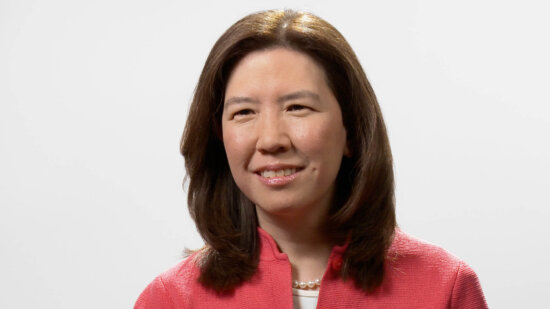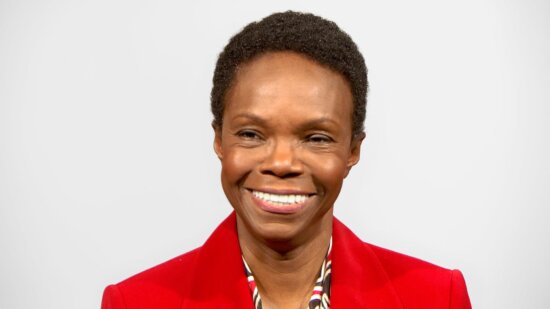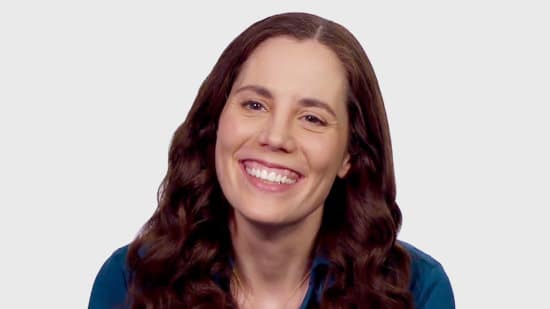Obstetrician & Gynecologist (OB/GYN)

What you need to know
Obstetricians and gynecologists (OB/GYNs) provide care related to pregnancy, childbirth, and the female reproductive system.
They treat and counsel women throughout their pregnancy and deliver babies. They also diagnose and treat health issues specific to women, such as breast cancer, cervical cancer, hormonal disorders, and symptoms related to menopause.
Every day can be different for obstetricians and gynecologists! Many obstetricians and gynecologists work long, irregular, and overnight hours. An OB/GYN may travel between their offices and hospitals to care for their patients.
OB/GYNs also work on-call shifts. While on call, they may need to address a patient’s concerns over the phone or make an emergency visit to a hospital to deliver a baby!
Some of the things obstetricians and gynecologists might do in a day:
- Deliver a baby
- Take a patient’s medical history
- Update charts and patient information to show current findings and treatments
- Perform preventative screenings for health issues
- Perform surgery and assist with labor and delivery of babies
- Order tests for nurses or other healthcare staff to perform
- Review test results to identify any abnormal findings
- Recommend and design a plan of treatment
- Address concerns or answer questions that patients have about their health and well-being
- Help patients take care of their health by discussing topics such as proper nutrition and hygiene
Watch this video to learn about what our obstetrician and gynecologist role models do in their careers:

- Communication skills: Obstetricians and gynecologists need to be excellent communicators. They must communicate effectively with their patients and other healthcare support staff.
- Compassion: Patients who are sick or injured may be in extreme pain or distress. Obstetricians and gynecologists must treat patients and their families with compassion and understanding.
- Detail oriented: Patients must receive appropriate treatment and medications. Obstetricians and gynecologists must accurately monitor and record various pieces of information related to patient care.
- Dexterity: Obstetricians and gynecologists may work with very precise and sometimes sharp tools, and mistakes can have serious consequences.
- Leadership skills: Obstetricians and gynecologists who work in their own practice must manage a staff of other professionals.
- Organizational skills: Good recordkeeping and other organizational skills are critical in both medical and business settings.
- Patience. Obstetricians and gynecologists may work for long periods with patients who need special attention: Persons who fear medical treatment may require more patience.
- Physical stamina: Obstetricians and gynecologists should be comfortable lifting or turning disabled patients, or performing other physical tasks.
- Problem-solving skills: Obstetricians and gynecologists need to evaluate patients’ symptoms and administer the appropriate treatments. They need to do this quickly if a patient’s life is threatened.
Watch this video to learn more from our obstetrician and gynecologist role model:

The average pay for OB/GYNs in the United States was $239,200 in May 2022 according to the U.S. Bureau of Labor Statistics.
An OB/GYN’s pay depends on factors such as level of experience, education and training, geographic location, and specific industry.
Employment of OB/GYNs is projected to grow 2 percent from 2022 to 2032 in the United States according to the U.S. Bureau of Labor Statistics. This is slower than the average growth rate for all occupations.
In 2022 there were about 22,900 OB/GYNs in the United States.
Prospects should be especially good for OB/GYNs who are willing to practice in rural and low-income areas because these areas tend to have difficulty attracting physicians.
You will need to complete the following schooling before becoming an OB/GYN:
- Bachelor’s degree
- A degree from a medical school, which takes 4 years to complete
- 3 to 7 years in internship and residency programs
Some popular pre-med Bachelor’s Degrees are Biology, Chemistry, or Sociology. Once you’ve received your Bachelor’s Degree, you will need to apply to medical school to become an OB/GYN.
Medical schools are highly competitive. Most applicants must submit transcripts, scores from the Medical College Admission Test (MCAT), and letters of recommendation. Schools also consider an applicant’s personality, leadership qualities, and participation in extracurricular activities. Most schools require applicants to interview with members of the admissions committee.
The first 2 years of medical school are often spent in laboratories and classrooms, taking courses such as anatomy, biochemistry, pharmacology, psychology, medical ethics, and in the laws governing medicine. You’ll also gain practical skills; learn to take medical histories, examine patients, and diagnose illnesses.
During the last 2 years, medical students work with patients under the supervision of experienced physicians in hospitals and clinics. Through rotations in internal medicine, family practice, obstetrics and gynecology, pediatrics, psychiatry, and surgery, you’ll gain experience in diagnosing and treating illnesses in a variety of areas.
Watch this video to learn more from our obstetrician and gynecologist role model:





















